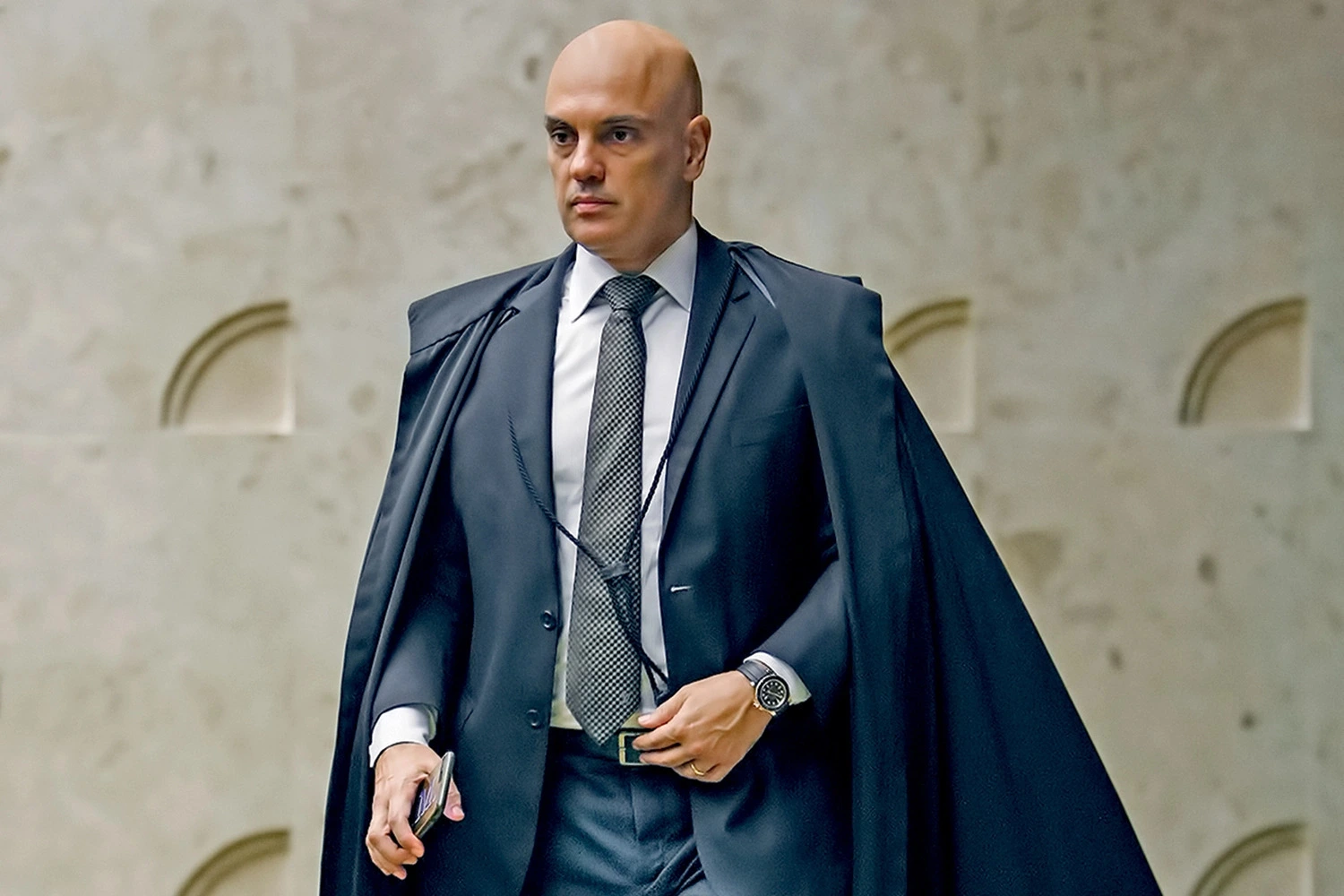Eduardo Bolsonaro announced that David Gamble, Trump Administration’s Sanctions Coordinator, will arrive in Brasília tomorrow to evaluate potential sanctions against Supreme Court Justice Alexandre de Moraes. This diplomatic move signals a potential turning point in Brazil’s judicial power dynamics, where progressive judges have wielded expansive authority against conservatives.
Gamble plans meetings with Senator Flávio Bolsonaro and likely former President Jair Bolsonaro, currently recovering from surgery. His primary objective involves gathering firsthand accounts about Justice Moraes’ rulings that allegedly restrict speech rights and target right-wing figures.

The Supreme Court’s power expanded dramatically since 2019 through the self-initiated “Fake News Inquiry.” Justice Moraes assumed unprecedented authority to investigate conservatives, suspend social media accounts, order police raids, and block platforms like Rumble and X. These actions reflect what critics call judicial overreach against conservative voices.
 Trump’s Sanctions Hammer Looms Over Brazil’s Top Judiciary – Alexandre de Moraes (Photo Internet reproduction)
Trump’s Sanctions Hammer Looms Over Brazil’s Top Judiciary – Alexandre de Moraes (Photo Internet reproduction)
Recent polls indicate growing public concern about judicial activism. A 2021 survey revealed 63% of Brazilians view the judiciary as threatening democracy rather than protecting it. Both left and right political parties have proposed constitutional amendments to limit the court’s powers, suggesting cross-partisan recognition of problematic judicial overreach.
Trump’s Sanctions Hammer Looms Over Brazil’s Top Judiciary
Trump’s team characterizes Moraes’ decisions as “extraterritorial censorship” that threatens American sovereignty and business interests. Potential sanctions could include travel bans for targeted Brazilian officials and financial restrictions affecting Brazilian institutions operating in America.
Brazil recently enacted an Economic Reciprocity Law enabling countermeasures against countries imposing trade restrictions. This tool gives Brazil options to respond should the US implement sanctions.
New York Times Scrutinizes Brazil’s Supreme Court for Unraveling Anti-Corruption Efforts
The Brazilian congress also recently advanced legislation to restrict the Supreme Court’s powers. Though unlikely to pass immediately, this legislative push demonstrates growing institutional resistance against judicial supremacy.
This international pressure, combined with domestic political developments, suggests the era when progressive judges could freely rule against conservatives without consequences may be ending. The upcoming Gamble visit represents the first concrete step toward rebalancing Brazilian judicial power through international diplomatic intervention.





GIPHY App Key not set. Please check settings